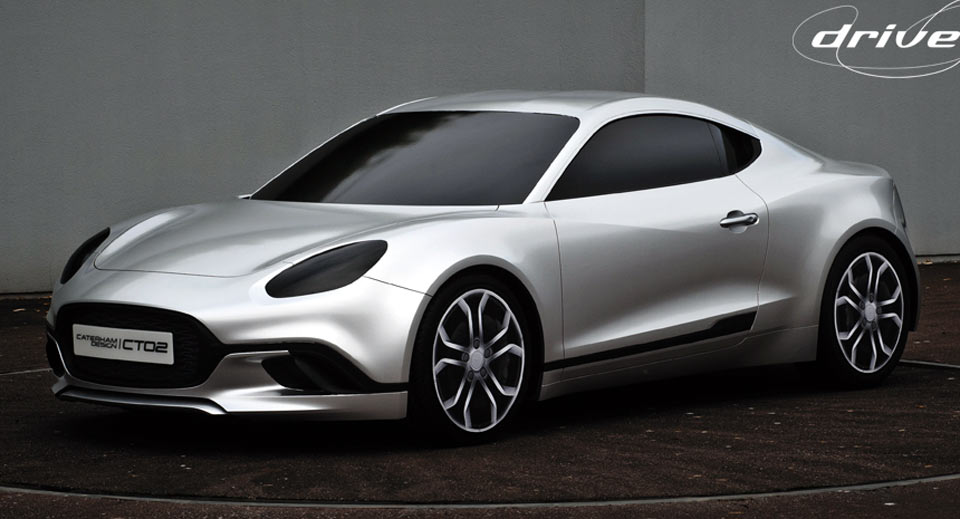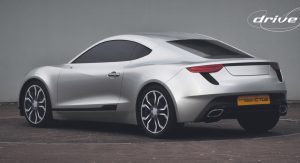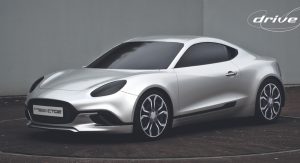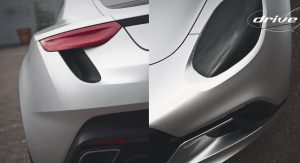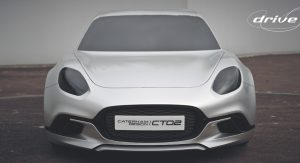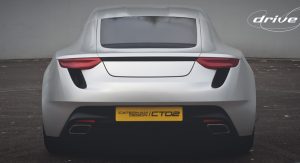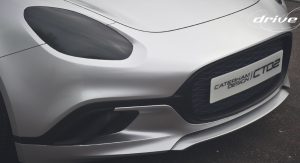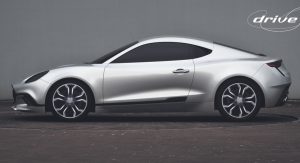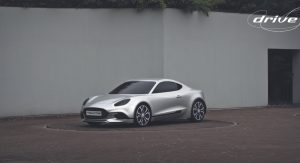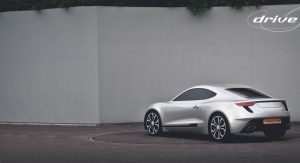The upcoming Renault Alpine model was supposed to be co-developed together with Caterham, but after a falling out between the two companies, the French automaker bought Caterham’s share in the Société des Automobiles Alpine Caterham joint venture.
Consequently, Renault continued to develop its own variant of the car, without any input (or saying) from the British company. Naturally, that left us with more question than answers, wondering how Caterham’s vision might have looked like, but and thanks to Drive – the design studio that sketched the car – we can finally wrap our head around it.
As the secret will be out in this month’s Top Gear magazine, Drive decided to share the story of the model that was destined to be the future Alpine’s sister car – if the Caterham/Renault joint venture lived on.
The saga started about 5 years ago when the company had a meeting with Caterham. Initially, the two firms were working on a similar project, but “aspirations changed” with Renault stepped in with a new package.
While the engineering part was developed at Caterham and Renault, Drive’s design team was headquartered at the Renault R&D base in Guyancourt, Paris, within the Alpine face of the complex. There, the two design teams shared space, and soon enough the C120 and AS1 clay models came to be. Sadly, Drive’s vision, although close to being realized, never came to be as Renault pulled the plug.
According to Mark Przeslawski, lead designer at Drive, the C120 was created to embody the spirit of the Caterham Seven – a car with a cult following and an iconic design. The mid-mounted engine layout was new to the British car maker, moving the whole concept away from the instantly-recognizable two-seater, forcing the designers to evoke Caterham’s heritage in different ways. You can check out more details about the car on the company’s official page.



